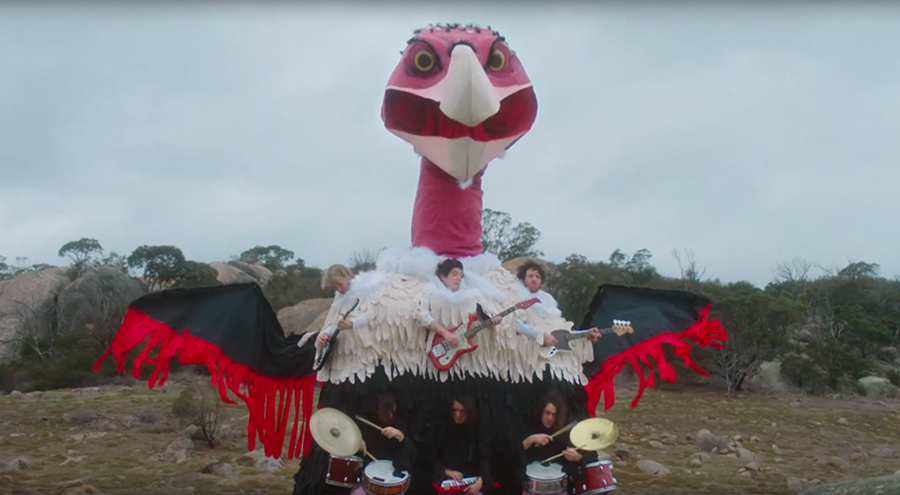A new study found that a cannabinoid could disrupt brain formation in babies, but it doesn’t show that marijuana harms human babies.
The study, published last week in the Federation of American Societies for Experimental Biology Journal, tested a synthetic cannabinoid in pregnant rats. The researchers then sacrificed the pups to look at the young rats’ brains, where they discovered abnormal neural connections.
The researchers believed the synthetic cannabinoid, called WIN 55,212-2, reduced levels of neural cell adhesion molecules (NCAM), compounds responsible for forming healthy brains.
As soon as the study’s abstract became publicly available, the media sensationalized the findings. The Daily Mail ran a headline yesterday that read, “Pregnant women who use marijuana heavily to treat morning sickness affect part of the baby’s brain associated with memory.”
That same day, Newsweek ran a similar headline: “Pregnant women are using marijuana for morning sickness. Study on rats suggests this could affect baby’s brain.”
WIN 55,212-2 binds to cannabinoid receptors in the brain. THC, the intoxicating component in marijuana, also binds to these same receptors. And while researchers believe both WIN 55,212-2 and THC share some chemical properties, they are not the same compound. THC occurs naturally in the marijuana plant. WIN 55,212-2 does not; it is made in labs by humans.
Some studies suggest WIN 55,212-2 may generate a high like THC’s. The synthetic chemical is banned in the UK for this reason. To obtain more reliable (and honest) results, scientists could have performed the rat experiment with dronabinol, the lab-made version of THC.
Unlike THC, WIN 55,212-2 is not banned in the US, which is why researchers choose to work with the synthetic rather than THC. To perform experiments with THC, scientists must cut through a maze of red tape and receive special Schedule I licensing approval from the DEA. The DEA has traditionally been stingy about handing out these licenses.
While the FASEB study provides clues for marijuana’s effects on developing fetuses, it does not definitively link marijuana use to brain damage, despite what the headlines say.
However, a Colorado study published earlier this year did find a correlation between cannabis use in pregnant mothers and detrimental health effects in their infants.
Another study from Washington University in St. Louis concluded that cannabis use during pregnancy could increase a child’s chances of developing psychosis later in life.
Last year, a survey discovered that nearly 70 percent of Colorado’s dispensaries had recommended weed to pregnant moms as a treatment for morning sickness. A year before that, a California study found that 7 percent of California’s pregnant moms said they smoked weed while carrying to term.
Follow Randy Robinson on Twitter











